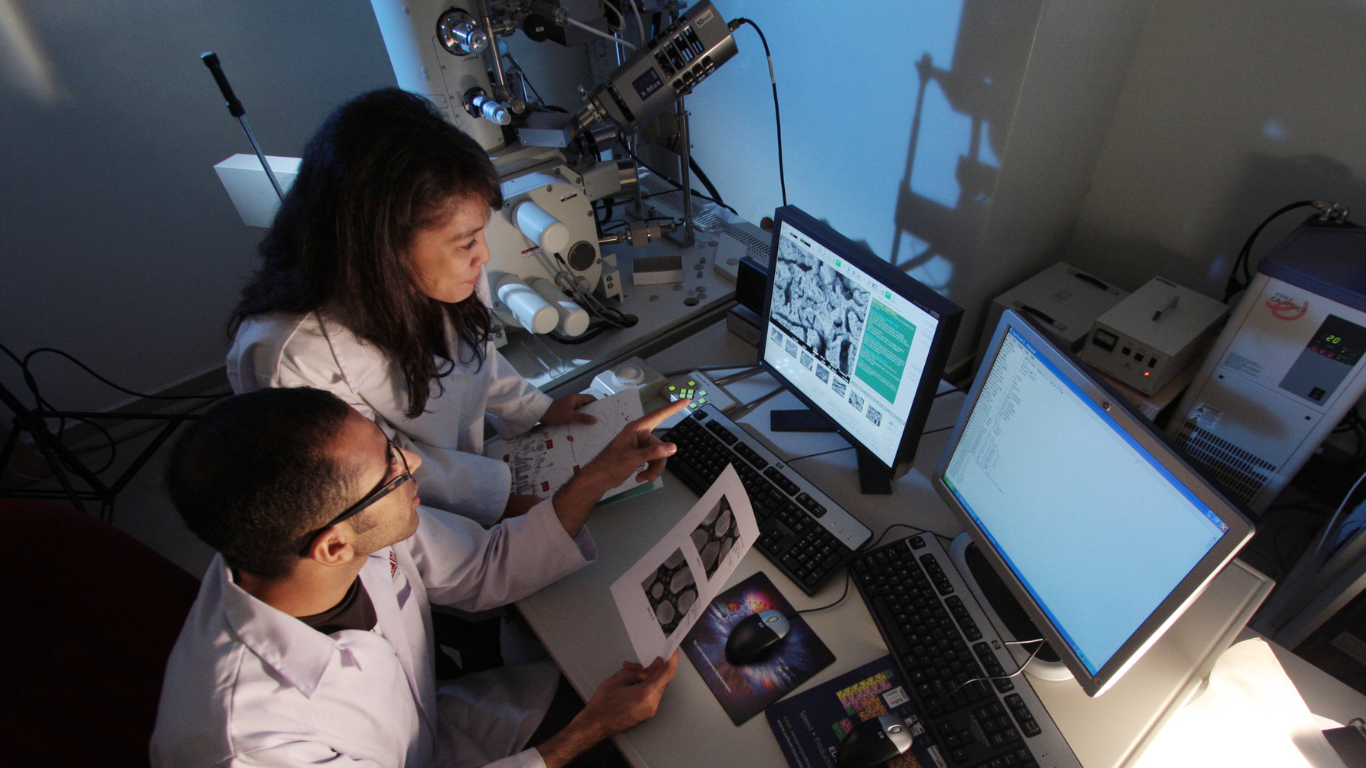Australia’s Latest Salary Rankings: What They Mean for Students and Migration Planning
A recent salary report released by HR platform Employment Hero has sparked widespread discussion across Australian social media. The data not only reveals which industries are currently the highest-paying, but also challenges the traditional assumption that “high salary = doctors, lawyers or mining.” For international students planning to study in Australia, or graduates considering staying on to work, this list provides a highly valuable “employment roadmap.”
A New Landscape for High-Paying Industries
Topping the list is Information and Communication Technology (ICT). Average salaries in this sector now exceed AUD 200,000, well ahead of other industries. From artificial intelligence and data analytics to cloud computing and cyber security, ICT covers nearly all of today’s fastest-growing fields. Interestingly, some IT sales positions, such as Account Executives, earn even more than Chief Technology Officers (CTOs), underscoring that in today’s market, the ability to create value can outweigh job titles.
Close behind is banking, finance and insurance, with average salaries around AUD 170,000. As a long-standing high-paying industry, finance continues to attract top talent. Roles such as actuaries, financial analysts and risk managers remain highly sought after, particularly for professionals with strong data and analytical skills.
Science and professional technical roles also demonstrate strong competitiveness, with average salaries of around AUD 150,000. With Australia continuing to invest in research and innovation, the market value of specialised knowledge and expertise is rising steadily.
Perhaps the biggest surprise comes from construction and trades (tradies). With average salaries above AUD 130,000, some roles stand out dramatically — for example, crane operators can earn over AUD 220,000 per year, surpassing many white-collar project managers. This challenges the traditional belief that only high-level qualifications lead to high income, showing instead that skilled tradespeople are highly valued in the Australian job market.
Finally, agriculture, mining and energy remain mainstays on the high-income list, with average salaries also around AUD 130,000. In states like Western Australia and Queensland, demand in these fields continues to be strong, offering lucrative opportunities for those willing to enter resource and energy industries.

The Other Side of the Salary Rankings
At the lower end of the scale, industries such as retail, hospitality and tourism report average salaries under AUD 80,000. Education and training sits just above this at around AUD 81,000, while call centres, customer service, and administrative support roles hover between AUD 80,000–90,000. Some community and entry-level healthcare roles are also relatively low, averaging under AUD 95,000.
Importantly, lower salaries do not necessarily mean “no future.” Careers in education and healthcare often require longer-term investment and commitment, but with experience and specialisation, they can still lead to higher income brackets. Additionally, in terms of migration policy, these sectors are regularly listed as priority occupations, giving graduates a clear advantage in permanent residency pathways.
What This Means for Students and Migration Planning
For students and families considering study and migration options in Australia, these findings carry important implications:
- Fast return on investment: IT, finance and engineering remain the quickest paths into high-paying roles after graduation.
- Migration-friendly careers: Nursing, education and social work may offer modest starting salaries, but they are highly valued in skilled migration assessments and provide stable, long-term career prospects.
- Opportunities in trades: Roles such as electricians, plumbers, carpenters and crane operators not only pay well but are also in chronic shortage. Completing TAFE or vocational training can lead directly into employment and migration eligibility.
The key takeaway is that choosing a course should not be based solely on “salary” or “prestige.” Instead, students should consider a balance of personal interest, tuition investment, job market demand and migration opportunities. While IT and finance clearly represent financial rewards, nursing, education and trades are equally pathways that can lead to stability and long-term success.
If you have any questions, please feel free to contact us at Riverwood Migration (Email: [email protected]), or book a consultation. We are committed to providing transparent and professional migration services to help you secure your visa and achieve your goal of moving to Australia.






